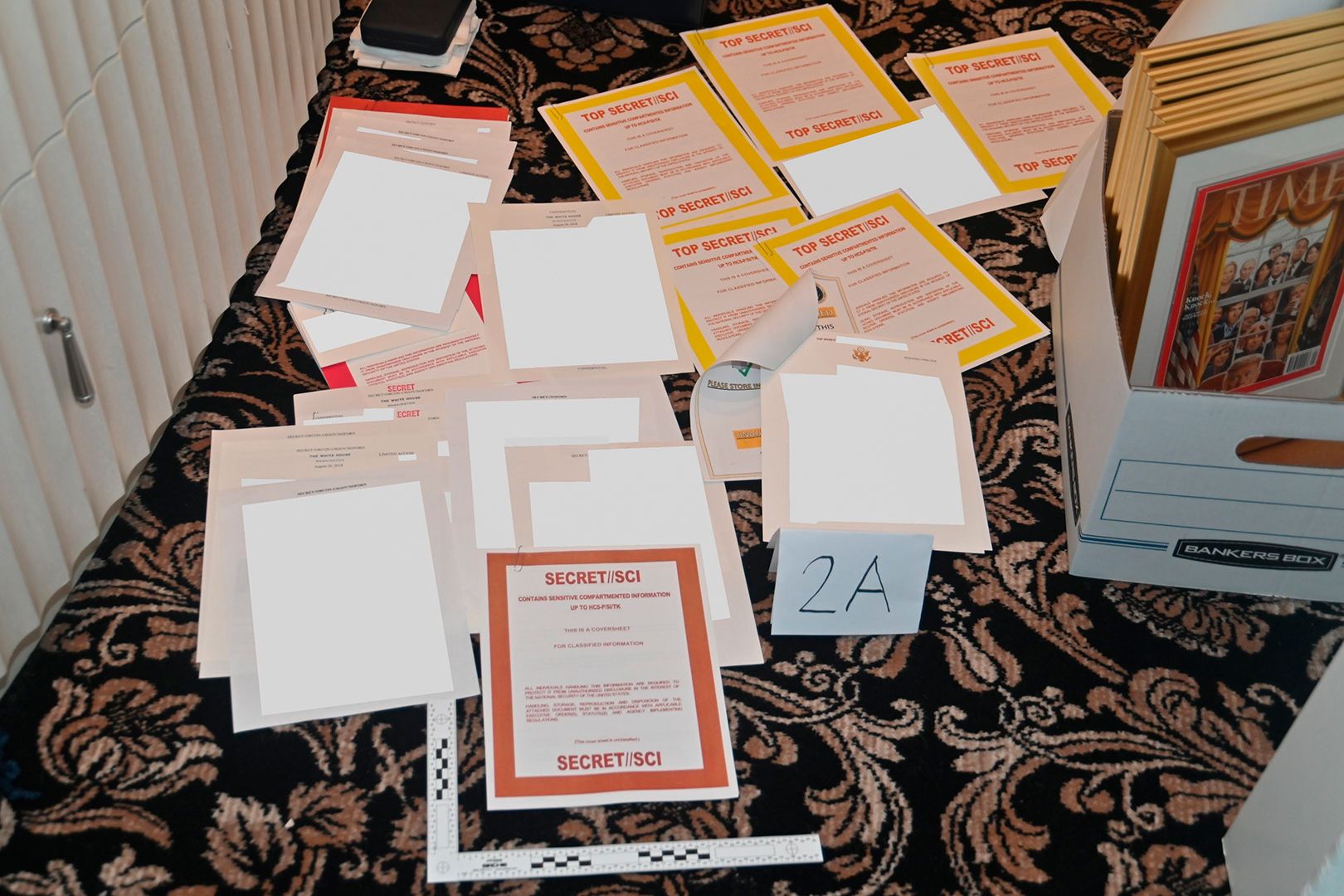(Trends Wide) — Donald Trump became the first former US president to face federal charges on Thursday, after he was indicted in the investigation into handling classified documents. What exactly is the case about and what is at stake? This is what you should know about the accusation.
Trump was indicted on seven federal counts, including one under the Espionage Act, his attorney Jim Trusty told Trends Wide on Thursday. Trusty added that there are also charges of obstruction of justice, destruction or falsification of records, conspiracy and false statements.
For his part, the former president wrote in Truth Social on Thursday that the Department of Justice had informed him of the indictment and that he was “summoned to appear in federal court in Miami on Tuesday at 3 pm.”
Special counsel Jack Smith, in charge of the case, has used a second grand jury in Miami to gather new evidence. Smith’s office declined to comment on the allegation.
Trump denies any wrongdoing and says the investigation is politically motivated.
What does the Department of Justice investigate?
Smith has investigated Trump’s handling of national security records, both at his Mar-a-Lago residence and elsewhere. His team is trying to determine whether Trump or his aides committed crimes by keeping the documents after his presidency ended. Those were confidential government documents that Trump had no legal right to withhold, prosecutors said in court documents.
Prosecutors are also investigating whether Trump or his allies obstructed the investigation.
It’s not unusual for former presidents to accidentally keep some classified documents when they move out of the White House.
Specifically, President Joe Biden and former Vice President Mike Pence found classified documents in their homes, from their respective times in office. But Trump’s case appears to be far more serious, given the sheer volume of classified records involved and his repeated efforts to thwart federal officials who tried to recover them.
As part of the investigation, witnesses have testified before Smith’s grand juries in Washington DC and Miami, according to Trends Wide reports.
What laws could be broken?
Prosecutors revealed the specific statutes they were investigating when they searched Mar-a-Lago last year, a search that turned up dozens of classified documents, even after Trump’s team swore they had turned everything over.
However, that was before Smith took over the investigation as special counsel, and it doesn’t mean these are the only possible crimes he’s looking at. He provides a roadmap of possible charges, because in seeking the Mar-a-Lago search warrant, prosecutors had to convince a judge that there was probable cause that they would find evidence of these crimes.
The first is 18 USC 793, which is part of the Espionage Act. That federal law deals with the unlawful withholding of “national defense information,” a broad term that encompasses classified documents and other sensitive government materials. This law may apply to people who are authorized to handle classified information but knowingly kept the material in an unsecured location, or to people who should not be in possession of the information in the first place.
The second is 18 USC 2071, which deals with the unlawful removal of government records from US custody.
The third is 18 USC 1519, which is obstruction of justice. This could come into play if prosecutors conclude that Trump or his aides intentionally tried to impede their investigation, moving boxes so prosecutors wouldn’t find classified documents, possibly questioning compliance with subpoenas, including surveillance tapes that prosecutors believe captured the moving boxes, failing to fully comply with a subpoena, or falsely swearing that all classified files had been returned.
Why is this happening in Florida?
Legal experts have speculated that Smith is exploring taking parts or all of a criminal case to federal court in Florida instead of federal court in Washington, or possibly in addition to Washington. Prosecutors can’t just bring charges where they want: they must establish that they have the right place and are obligated to connect part of the crime to where the case is filed.
A significant amount of the conduct under investigation occurred at Mar-a-Lago, located in Palm Beach.
A top prosecutor on special counsel Robert Mueller’s team previously co-wrote an analysis of the hurdles Smith would have to overcome if he wants to take the case to Washington instead of Florida, where the jury group might be friendlier to Trump.
Who testified before the Florida grand jury?
Former Trump spokesman Taylor Budowich, who now runs a pro-Trump super PAC, appeared before the Florida-based grand jury on Wednesday and testified for less than an hour. After leaving court, he tweeted that he “complied with the legal obligation to testify before a federal grand jury” and that he “answered all questions honestly.”
He is the first person to be publicly named as a witness before Smith’s grand jury in Florida. However, Trends Wide previously reported that “multiple witnesses” have appeared before Florida’s grand jury in recent weeks, with at least one more expected after Budowich.
Trends Wide’s Katelyn Polantz contributed to this report.





